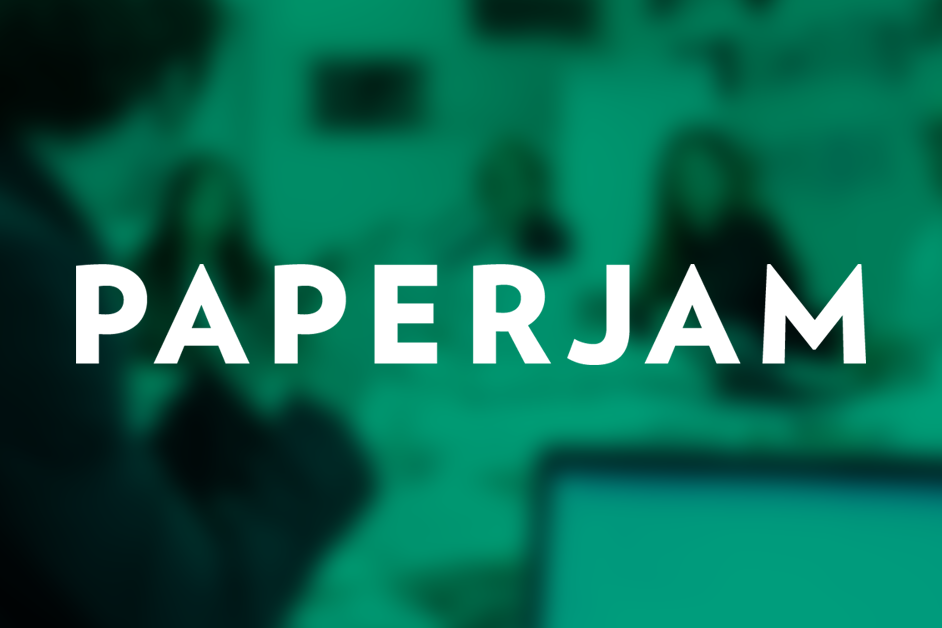At a recent First Tuesday event, the growing trend in India from Business Process Outsourcing to Knowledge Process Outsourcing was discussed by an impressive panel of experts.
"India is more than call centres and IT outsourcing." Those opening remarks by facilitator Hedda Pahlson-Moller, Client Executive of Evalueserve for the Benelux, summed up perfectly the focus of the presentations given by the three key speakers invited by FirstTuesday
Mark Kobayashi-Hillary, Global Research Director of the Commonwealth Business Council Technologies in the UK and author of Outsourcing to India: The Offshore Advantage and the soon to be published Beyond KPO noted the trend is moving from Business Process Outsourcing (BPO) to Knowledge Process Outsourcing (KPO). He gave several drivers for the global need for outsourcing: aging populations, % of workers in populations decreasing, skill shortages, SME's becoming interested in offshore, transnational operations, mergers and acquisitions, new rules and price competition, and media growing less negative about outsourcing.
Marc Vollenweider, CEO and co-founder of Evalueserve, and just in from Australia, supported Mark's comments. He listed a lack of skilled labour as a number one driver for outsourcing. He also cited global competition, cost pressures, reduced time to market and a need for flexibility. The insurance industry was used as an example of how in India, lower value services eventually led to high value services being outsourced. For example, first, insurance companies outsourced contact centres and customer support, then claims processing, then underwriting and asset management. As the country develops and the workforce becomes more skilled and educated, India's value becomes less defined by cheap labour and more defined by specialised workers. Evalueserve itself is a pioneer and leader in the offshoring of high-end knowledge services and out of 670 people in the company, 650 are on the payroll in India and another branch office is soon to be opened in Shanghai, China.
India as a strategy partner
Paris based Sanjeev Rao, founder of Gateway 2 India, gave a passionate presentation on the changing face of India, starting off by saying "it is probably a continent, not a country" with its 40 languages, huge population and varied cultures. His argument was that India's real value can be found in its potential domestic market, with a population of over 1 billion people and a large percentage of that under the age of 16, a growing mobile market, an increasing middle class and purchasing power. India's real competitive edge is to found in its skilled manpower, and some numbers Sanjeev cited speak for themselves: 2,100,000 other graduates, around 9,000 PhDs, and numerous knowledge workers in the software and service industry, having increased from 6,800 in1985/86 to 650,000 in 2003.
He explained that India is moving from a country perceived as low cost low quality to one with a highly skilled, highly educated workforce, supported by India's ambitious government and good education system. Asked why Europe has not leveraged the India advantage he explained that distance was one problem, with Eastern Europe being perhaps more comfortable for Western Europe to outsource to. He also felt that India is sometimes viewed as a "job stealing menace" and that cultural differences still posed a huge problem. But he stressed that change was coming both in India's workforce demographics and skills but also in the global perception about India. Indeed, according to an Evalueserve study, "the Indian KPO sector will account for 71 percent of global KPO revenues by 2010. The global KPO market will grow by 45 percent per annum, from USD 1.29 billion in FY 2003 to USD 17 billion by FY 2010." Outsourcing has effectively rewritten the global economic map and Sanjeev seemed confident that Europe would eventually see India as a valuable strategy partner. Presentations can be found at www.firsttuesday.lu.
